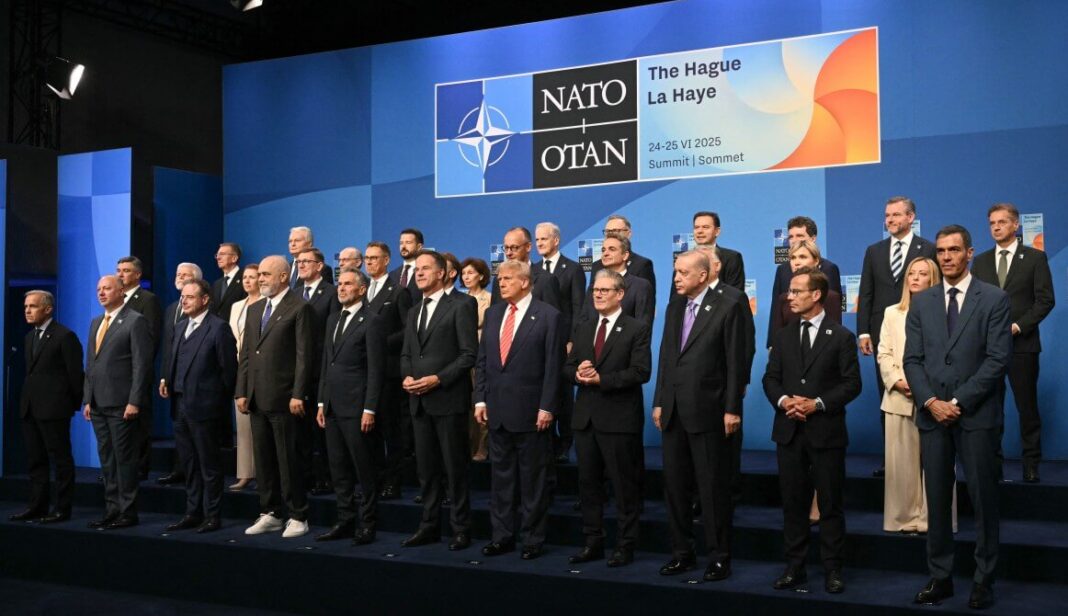Turkey supports NATO’s decision to more than double its defense spending target to 5 percent of gross domestic product by 2035 and is already exceeding the previous 2 percent benchmark, a Turkish Defense Ministry source told Reuters on Thursday, adding that Ankara would prioritize air defenses.
NATO allies agreed on Wednesday to raise their collective spending goal to 5 percent of GDP over the next decade, citing the long-term threat posed by Russia and the need to strengthen civil and military resilience.
The source, speaking on condition of anonymity at a briefing in Ankara, said Turkey was already “above the 2 percent criterion under the Defense Spending Pledge,” adding that with NATO’s second-largest army, Turkey is among the top five contributors to NATO’s operations and missions.
The source also said that Turkey had fulfilled all its NATO capability targets and continued to invest in defense industry development and research. It plans to prioritize investments on its national “Steel Dome” project to expand across the country a layered air defense network.
“We are investing in air defense systems, hypersonic, ballistic and cruise missile capabilities, unmanned land, sea and air systems as well as next-generation aircraft carriers, frigates and tanks,” the source said.
Speaking to reporters on his flight home from the NATO summit in The Hague, President Tayyip Erdoğan said Turkey needed to establish a multi-layered bundle of systems for its air defense.
“It is very important for us to have missiles at various altitudes and for them to work in harmony like the organs in a body,” he was quoted as saying by his office on Thursday, adding that the S-400 missile defense systems that Ankara acquired from Russia in 2019 were not enough.
The United States imposed sanctions on Turkey, an ally, for its acquisition of the S-400s. Ankara has called the move unjust and repeatedly called for the sanctions to be lifted.
Turkey has long said it is working to build up its defenses, including long-range missiles, although officials and analysts say its “Steel Dome” project — similar to Israel’s “Iron Dome” — is years away.
“We have brought our country to a certain point, but we are not stopping here. We must increase our missile capabilities. … We are realizing the system of systems, which will combine air defense systems at different altitudes, our radars, electronic combat systems,” Erdoğan added.
The new NATO target includes at least 3.5 percent of GDP for core defense spending, with the remainder to be spent on security-related infrastructure to improve civil preparedness and resilience.

